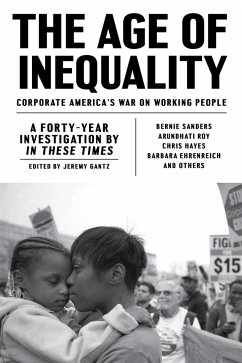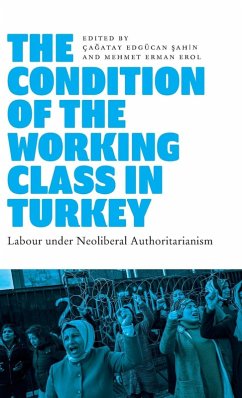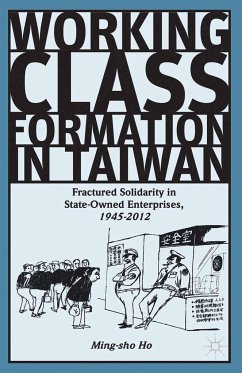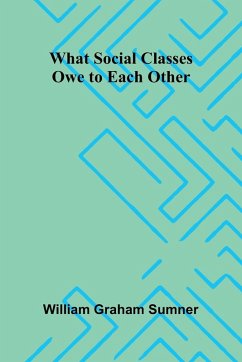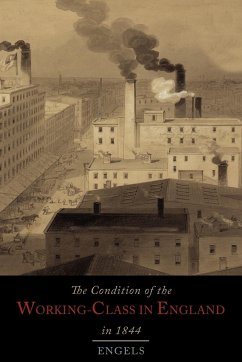
The Condition of the Working-Class in England in 1844
Versandkostenfrei!
Versandfertig in 1-2 Wochen
15,99 €
inkl. MwSt.
Weitere Ausgaben:

PAYBACK Punkte
8 °P sammeln!
2012 Reprint of 1950 Edition. Exact facsimile of the original edition, not reproduced with Optical Recognition Software. Originally written in German and published in English in 1892 this is a classic a study of the working class in Victorian England. It was also Engels' first book, written during his stay in Manchester from 1842 to 1844. Manchester was then at the very heart of the Industrial Revolution, and Engels compiled his study from his own observations and detailed contemporary reports. Engels argues that the Industrial Revolution made workers worse off. He shows, for example, that in ...
2012 Reprint of 1950 Edition. Exact facsimile of the original edition, not reproduced with Optical Recognition Software. Originally written in German and published in English in 1892 this is a classic a study of the working class in Victorian England. It was also Engels' first book, written during his stay in Manchester from 1842 to 1844. Manchester was then at the very heart of the Industrial Revolution, and Engels compiled his study from his own observations and detailed contemporary reports. Engels argues that the Industrial Revolution made workers worse off. He shows, for example, that in large industrial cities mortality from disease, as well as death-rates for workers were higher than in the countryside. In cities like Manchester and Liverpool mortality from smallpox, measles, scarlet fever and whooping cough was four times as high as in the surrounding countryside, and mortality from convulsions was ten times as high as in the countryside. Engels' work is considered by many to be a classic account of the condition of the industrial working class. It was originally addressed to a German audience. The eldest son of a successful German textile industrialist, Engels became involved in radical journalism in his youth. Sent to England, what he saw there made him even more radical. About this time he formed his lifelong intellectual partnership with Karl Marx.





